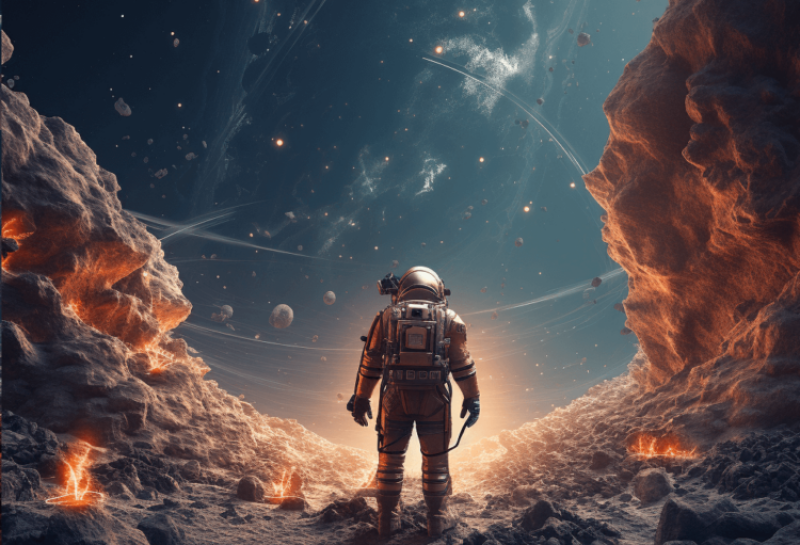…
Madhumita Murgia: That could mean a kind of AI god. At its most radical, these visions of a world brought about by advances in AI are barely imaginable today.
Anders Sandberg: The vision of a transhumanist future would be a future where humanity is not just modifying its external environment, but also modifies itself. It controls its own evolution, which might mean that me, individually, I enhance myself. I make my body and mind work. According to my life project. But we might also, as societies, figure out better ways of organising ourselves in both connecting our minds through technology or markets or something else, and also having an expansive humanity, a kind of cosmist vision that humanity belongs in the universe and can go out there and explore it, terraform planets, add its own character to the vast cosmic symphony.
Madhumita Murgia: Technology will allow us to cheat death, move beyond the limits of our biological bodies, upload our brains into the cloud, and travel deep into space. With AI people like Sandberg believe this future is getting closer, and increasingly, these ideas about the future are having a big influence on the AI discussions that we’re having today.































